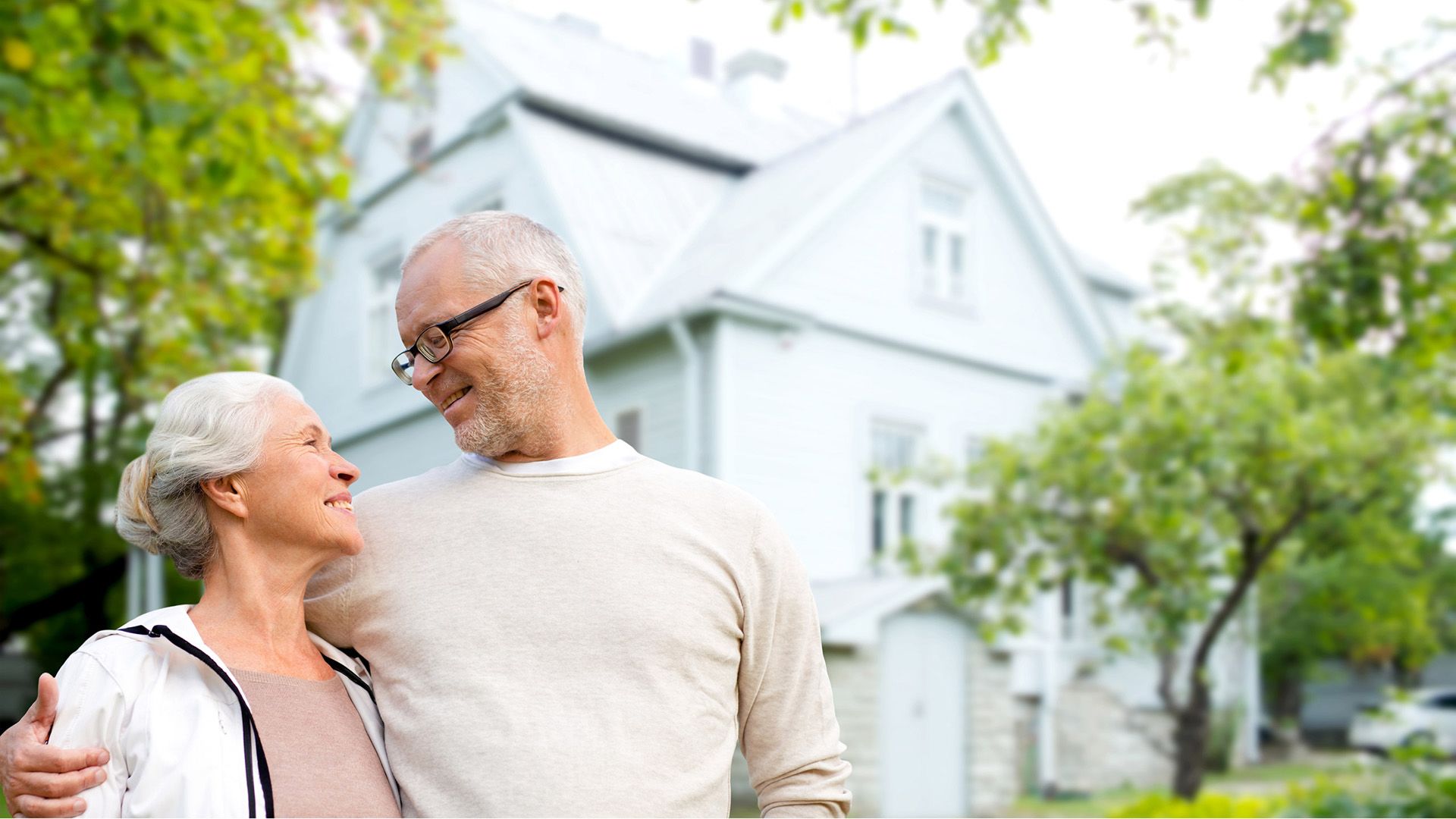Aside from joint pain, fatigue is one of the most difficult rheumatoid arthritis (RA) symptoms to deal with. Fatigue refers to exhaustion that interferes with your daily life and may linger even after a full night’s sleep. It affects an estimated 40 to 70 percent of people with RA. In fact, it’s a common early symptom of the condition, often prompting people to seek medical help in the first place.
What causes arthritis-related fatigue?
There are a number of reasons why you might feel tired all the time. Joint pain alone can be incredibly exhausting. It drains your energy during the day, and makes it hard to get comfortable at bedtime. Tossing and turning each night can lead to insomnia and chronic daytime sleepiness.
Inflammation, a natural immune system response, is another possible cause of fatigue. Normally, inflammation helps your body “attack” invaders like bacteria and repair wounds. But RA tricks your immune system into going after your own cells instead. Those cells release cytokines, or messenger proteins that help direct the immune response.
Know that achy, wiped-out feeling you get with the flu? Cytokines are to blame, so RA can feel a bit like always having the flu.
Other reasons you might be exhausted include the following:
Medications: Drugs like some antidepressants, pain meds and anti-inflammatories cause fatigue.
Anemia, or a low red blood cell count: Up to two-thirds of people with RA experience anemia. Without enough red blood cells, it’s harder for your organs to get the oxygen they need to function. Anemia can make everyday activities wear you out faster than usual.
Depression: Insomnia and inflammation both raise your risk of depression, which can worsen pain and fatigue.
Obesity: People with RA who are obese, meaning they have a body mass index (BMI) of 30 or above, are more likely to be fatigued than people who are of a normal weight.
Physical inactivity: Being sedentary can contribute to fatigue and is linked to depression, poor sleep and obesity, all of which also add to feelings of exhaustion.
Knowing why you’re exhausted can help you and your doctor treat fatigue correctly. Keep a journal for a week to see if there’s a connection between how tired you feel and your medications, activities or sleep habits. Bring your notes to your next appointment so your doctor can make informed treatment decisions.
Science-backed ways to reduce fatigue
These simple lifestyle changes may help boost your energy:
Shake up your shower routine. To reduce stiffness and relax muscles, RA experts often recommend moist heat treatments, which can include taking a warm bath or shower. Spending a few minutes in the tub may help you sleep better, too. For example, people who bathed one to two hours before bedtime—in water that was about 105°F—fell asleep faster and slept better, according to one 2019 meta-analysis published in Sleep Medicine Reviews.
How does it help? Your core temperature drops when you step out of a warm bath or shower. Temperature changes are a key part of your circadian rhythm, or the biological processes that tell your body when to sleep. A lower core temperature lets your brain know it’s bedtime.
Get fitted for proper footwear. Supportive shoes can ease the strain on your knees and lower back, in addition to improving your posture. By reducing pain, the right pair of kicks can encourage healthy movement and improve your energy.
A podiatrist, or foot specialist, can determine the size and type of footwear that’s most appropriate for you. They may prescribe specialty shoes or orthotics if necessary.
Sign up for a physical therapy session. A physical therapist (PT) can show you which exercises are most safe and effective for people with RA.
Regular exercise can:
- Decrease fatigue
- Improve your sleep habits
- Ease joint pain and stiffness
- Strengthen the muscles around your joints, keeping them more stable
But one injury at the gym can leave you in more pain and less active than you were to begin with. Even if you sign up for just one session, a PT can design an exercise program tailored to you.
Work with a talk therapist. If depression is behind your fatigue, a counselor can help you work through the issues contributing to your symptoms.
They may recommend biofeedback as well. Biofeedback involves using monitors to measure the physical signs of emotional distress, such as a fast heart rate. That information can show you how your thoughts influence your physical symptoms in real time, and let you determine which coping methods are most effective.
Quit tobacco. Smoking ups your odds of developing RA and can worsen its symptoms. Quitting can reduce fatigue and may improve other symptoms, such as pain.






